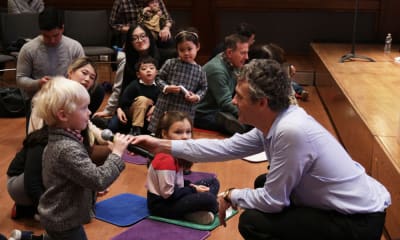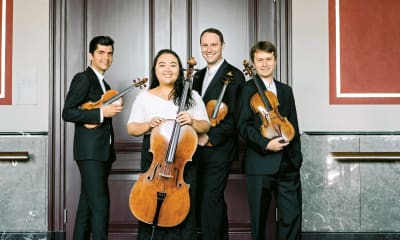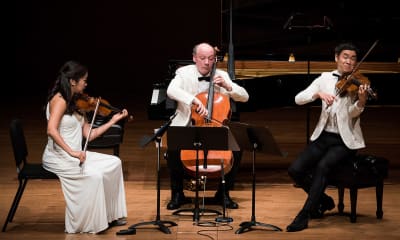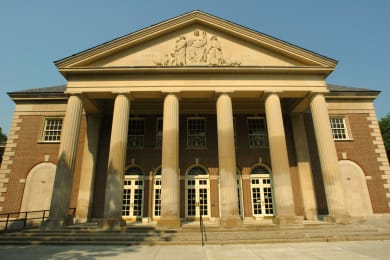
Bold Works by George Crumb and Tan Dun
Songs and Snow
Tue, May 7, 7:30 pmSee us at Lincoln Center
Find Us on Tour
2024–2025 Concerts
Summer Evenings 2024

Watch us live from anywhere
Watch free livestreamed performances from the Daniel and Joanna S. Rose Studio at CMS

Watch Us Online
Explore our performance archive featuring concerts, lectures, family programs, and more.








































